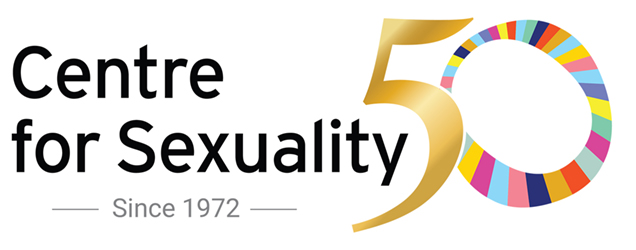Talking to Your Children About Sex and Sexuality
Becoming a safe and compassionate source of sexual health information for your child is a task that starts when your child is young and continues throughout their life. Parents give children their basis for understanding their sexual identity and what constitutes a healthy relationship. Each conversation lays the foundation for another.
Believe it or not, parents are still the primary source of sexuality education for their children. What you say or do not say makes a difference.
Parents need to Talk with Their Children About Sex and Sexuality
The conversations can be uncomfortable and scary but ignoring the subject sends a strong message that this subject is taboo or off-limits. The underlying message is that sex is embarrassing. Children may not talk about it or ask questions, even when they need help.
Talking about sex and sexuality includes learning about caring, responsible relationships and healthy decision-making, not to mention having the skills to follow through on those decisions throughout life. The conversations are an essential part of raising children to be healthy adults.
Having open, honest conversations with your child using proper body terminology is also the best prevention against childhood sexual abuse. When children have the right language to talk about their bodies and a basic understanding of consent, they are more likely to tell you if something feels wrong or if someone is trying to abuse them.
The best thing you can do is ensure that sex and sexuality are acceptable topics and open for discussion at your house. Your child needs to know that even when you don’t have all the answers, you will provide a loving and safe place to wonder and ask questions. Embrace your role as a parent to be your child’s primary sexuality educator.
Take a Moment to Recall How You First Learned About Sex
Did one or both parents sit you down for a serious “sex talk”? Did you learn from a sibling? Did a parent or another trusted adult read books to you or give you books to read on your own? Did you stumble upon a pornographic magazine hidden under the bed? Did you have someone to answer your questions? Was it from abuse? Was there someone you could tell?
Thinking about how you learned about sexuality will help you identify how you may want to approach the conversation with your family differently or what worked well. It may also help you identify what you know a lot about and what you may need to learn before having the conversation with your child.
Why parents avoid talking with their children about sexuality:
- I don’t know what to say, and I certainly don’t know the slang terms these days.
- I don’t know the answer. I don’t want to look dumb.
- Talking about sex is giving permission to do it.
- My parents didn’t talk to me, and I turned out okay.
- My child is too young to learn about sex.
- I don’t need to – my child will learn about it in school.
- It’s not a topic we discuss in our culture.
- I’ve taught them the basics — how to prevent pregnancy and diseases — what more do they need to know?
- I am waiting until my son asks.
- Her mom will tell her.
- His dad will tell him
- I am too embarrassed. I don’t know how to bring up the topic.
Regardless of why you may avoid bringing up the topics of sex and sexuality, we have many resources for you on the pages of this website. We will provide you with information, tools, and the confidence to start having conversations with your child.
Easier Than You Think Workshops
If you want more support and information Centre for Sexuality provides a workshop series called “Easier Than You Think.” The series increases parents’ confidence and comfort in talking with their children about sexuality. Click here to find out more about the workshops!

